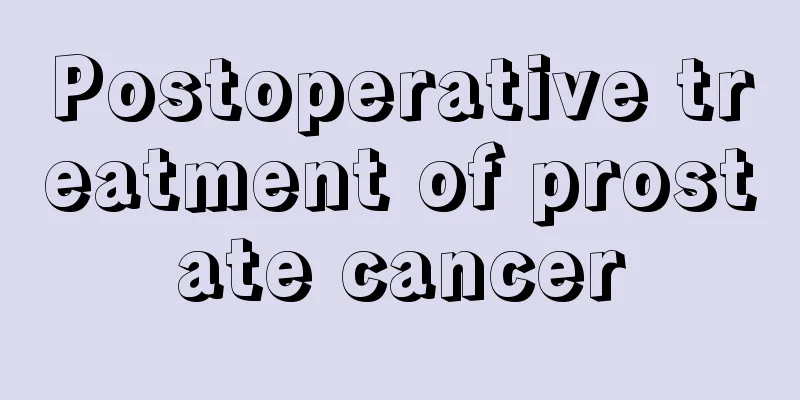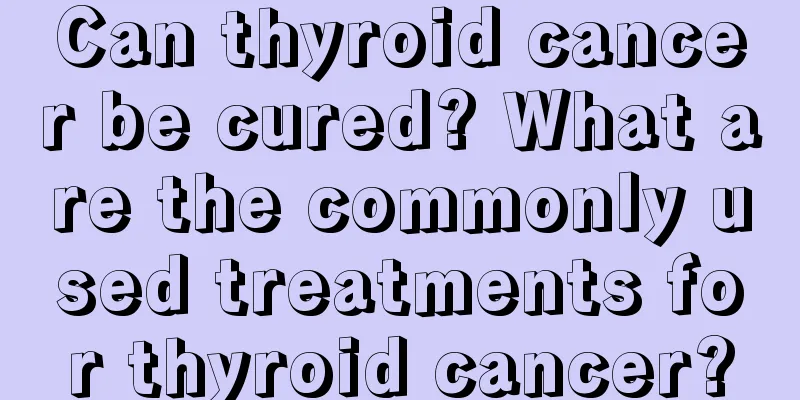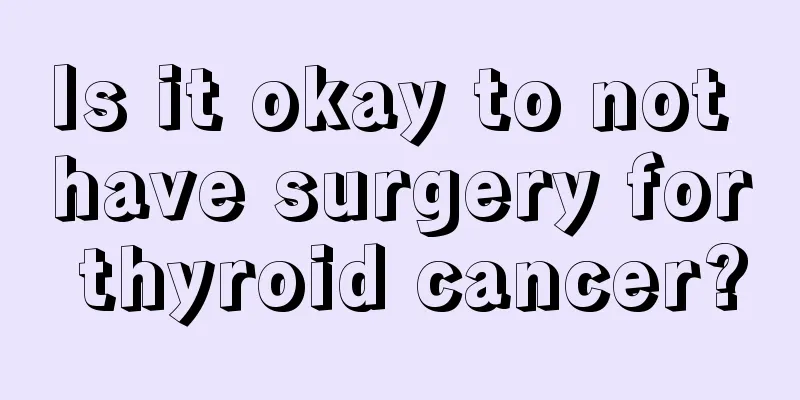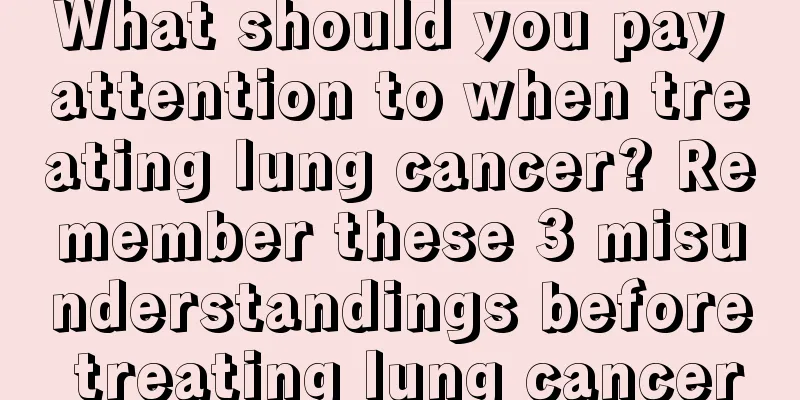Postoperative treatment of prostate cancer

|
For patients with early-stage prostate cancer, the best treatment option is radical prostatectomy. However, many patients are found in postoperative pathological examinations that the tumor is no longer confined to the prostate (breaking through the prostate capsule). Some tumors have even invaded the seminal vesicles and bladder neck, or cancer cells have appeared at the cutting edge of the surgical resection specimen. These patients need adjuvant therapy. The so-called adjuvant therapy refers to a certain form of treatment after surgery when radical prostatectomy fails to eliminate the tumor in the body as expected, so as to further eliminate the residual tumor cells in the body, thereby improving the effect of surgery. Similar to the hormone neoadjuvant therapy before radical prostatectomy, postoperative adjuvant therapy often also chooses hormone therapy. When the above-mentioned unfavorable pathological characteristics appear, it often indicates that there are residual tumors in the body, and prostate cancer is a tumor that is highly dependent on androgens. If hormone therapy can be performed after surgery to block the nutritional effect of androgens on cancer cells, it is expected to achieve the effect of "mending the fold after the sheep have been lost." Which patients are suitable for postoperative hormone therapy? Studies have confirmed that postoperative pathology indicates that T3 tumors are the best indication for adjuvant therapy. In addition, some patients with T2 stage but pathologically confirmed lymph node metastasis are also indications for postoperative adjuvant therapy. Adjuvant therapy is to use drugs to increase the testosterone level in the patient's body to castration levels. In a broad sense, as long as a certain treatment is used after surgery to further eliminate cancer cells that may remain in the body, this treatment can be called adjuvant therapy after radical prostatectomy. From this perspective, chemotherapy can also be considered adjuvant therapy if radiotherapy is performed after surgery. Chemotherapy is not widely used at present due to its many adverse reactions. However, according to the latest data on prostate cancer chemotherapy, chemotherapy has made breakthrough progress in the treatment of advanced prostate cancer. Therefore, selective adjuvant chemotherapy for some patients after surgery may become a research focus of urology. |
<<: How to choose the treatment method for prostate cancer?
>>: Which virus may cause prostate cancer?
Recommend
What's the matter with the half-moon on the fingernail?
There is a saying that one can judge the physical...
How to do a laryngoscopy
The throat is an area that we use every day in ou...
How long should scraping be done?
I believe everyone should know that no matter wha...
What are the taboos when moving to a new home
There are many times in life when you need to mov...
How to make eyebrows grow
Eyebrows are an important part of our face. If ey...
What are the wonderful uses of expired Coke?
Coke is a very popular drink in modern society. T...
Consequences of lactic acid accumulation
The production of lactic acid is related to body ...
The correct way to wear women's underwear
With the development of society, people's con...
The two main causes of lung cancer
Lung cancer is the disease with the highest incid...
What are the methods to treat advanced lung cancer? 3 effective treatments for advanced lung cancer
Everyone should be familiar with lung cancer. Lun...
My scalp suddenly hurts_My scalp suddenly hurts
Scalp pain is very painful, because no matter whi...
Ears and face feel hot
The ears and face become hot, which is something ...
Could headache be caused by cervical spondylosis?
Anatomical studies have found that the 1st to 4th...
How to prevent ovarian tumors by yourself
To prevent ovarian tumors, we must pay attention ...
What are the symptoms of thyroid cancer? What harm will thyroid cancer cause?
Cancer is a very scary disease. There are many ty...









